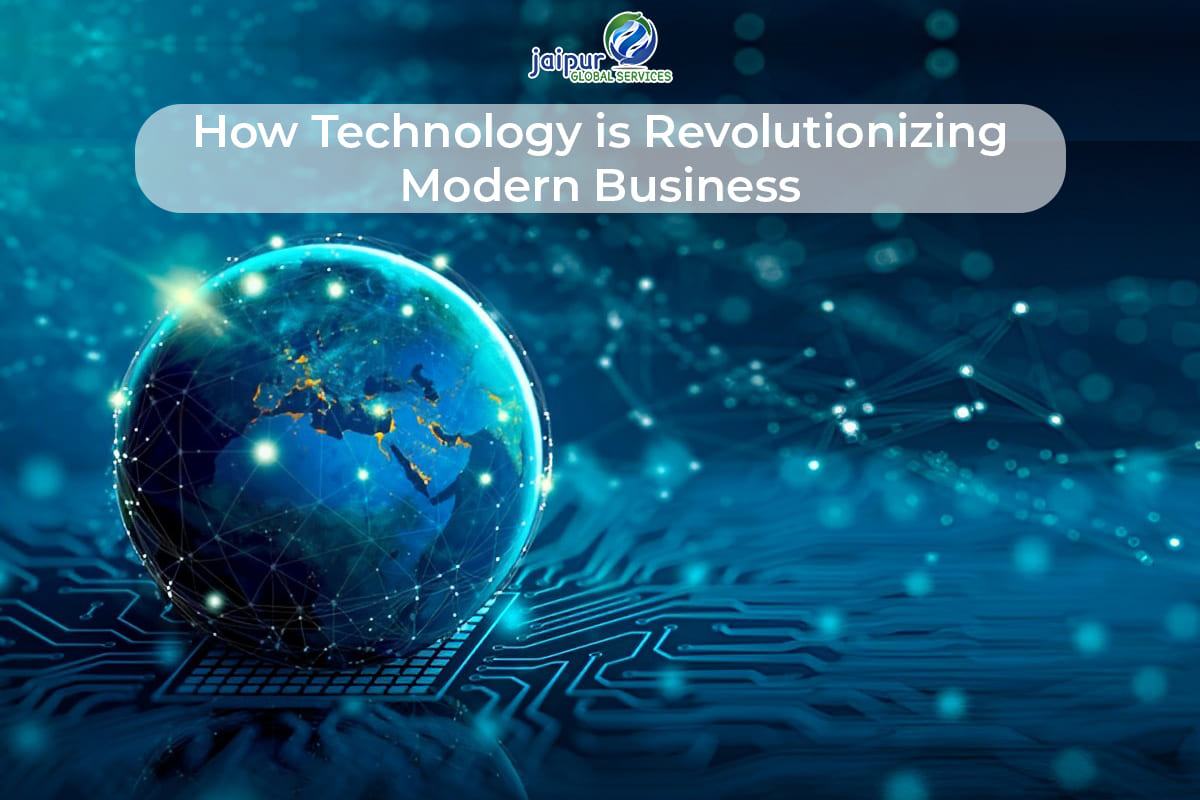
In today’s fast-paced and interconnected world, technology plays a pivotal role in shaping modern businesses. From streamlined operations to enhanced communication channels, businesses are leveraging technological advancements to gain a competitive edge. This article explores the various ways technology is influencing modern business and the implications it has for organizations across industries.
1. Automation
With the advent of advanced technologies, businesses have witnessed a remarkable transformation in their operational efficiency. Automation tools and software have revolutionized the way businesses function, allowing for streamlined processes and reduced human error. Tasks that once required significant time and effort can now be completed swiftly and accurately with the help of automated systems.
Companies such as Tesla have implemented robotic automation in their manufacturing processes, significantly improving production speed and precision. By automating repetitive tasks, businesses can optimize their resources, increase productivity, and focus on more strategic activities.
2. Enhanced Communication
In today’s globalized marketplace, effective communication is vital for success. Technology has revolutionized communication channels, breaking down barriers of time and distance. With the rise of video conferencing tools like Zoom and Microsoft Teams, businesses can connect and collaborate seamlessly, regardless of geographical boundaries.
Furthermore, instant messaging applications like Slack and Microsoft Teams have transformed internal communication within organizations. These platforms allow teams to exchange ideas, share files, and collaborate in real time, fostering productivity and innovation.
3. Data Analytics
In the era of big data, businesses have access to vast amounts of information that can be harnessed for strategic decision-making. Data analytics tools enable organizations to gather, analyze, and interpret data, uncovering valuable insights into customer behavior, market trends, and operational inefficiencies.
For instance, e-commerce giant Amazon utilizes sophisticated algorithms and machine learning to analyze customer data. This enables them to personalize recommendations, optimize their supply chain, and enhance the overall customer experience. By leveraging data analytics, businesses can make data-driven decisions, fuel innovation, and gain a competitive advantage.
4. E-commerce
The rise of technology has brought about a significant shift in the way businesses operate and reach their customers. E-commerce platforms have revolutionized the retail industry, allowing businesses to expand their market reach beyond physical boundaries.
Retail giants like Amazon and Alibaba have built robust online platforms, offering customers a convenient and personalized shopping experience. This shift towards e-commerce has leveled the playing field for businesses of all sizes, enabling startups and small businesses to compete on a global scale.
5. Cloud Computing
Cloud computing has emerged as a revolutionary force for businesses of all sizes. It offers scalability, flexibility, and cost-effectiveness, allowing organizations to access and store data securely while eliminating the need for extensive physical infrastructure.
Companies like Google and Microsoft provide cloud computing services, enabling businesses to store and access data from anywhere, at any time. This flexibility empowers remote workforces and facilitates seamless collaboration, leading to increased productivity and reduced costs.
6. Cybersecurity
As businesses become increasingly reliant on technology, cybersecurity has become a critical concern. The threat of cyber-attacks and data breaches looms large, making it essential for organizations to invest in robust cybersecurity measures.
To combat these threats, businesses employ various cybersecurity solutions such as firewalls, encryption, and multi-factor authentication. Companies like Cisco and Palo Alto Networks specialize in providing cybersecurity solutions to organizations, safeguarding their critical data and systems.
In conclusion, technology is undeniably influencing modern business in profound ways. From automation and enhanced communication to data analytics and e-commerce, businesses across industries are leveraging technology to gain a competitive edge. Embracing these technological advancements allows organizations to improve efficiency, expand market reach, and adapt to the ever-evolving business landscape. As technology continues to advance, businesses must stay abreast of emerging trends and harness the power of technology to thrive in the digital era.
